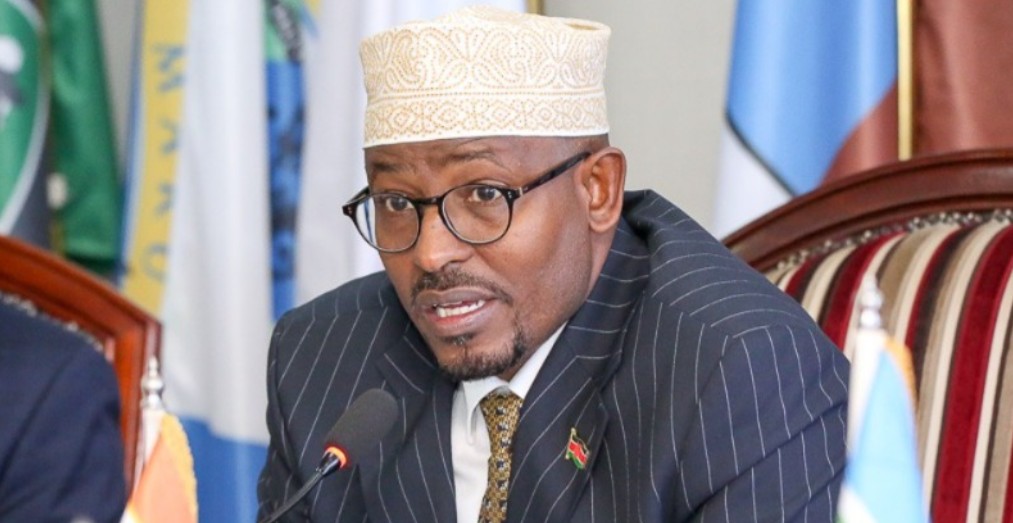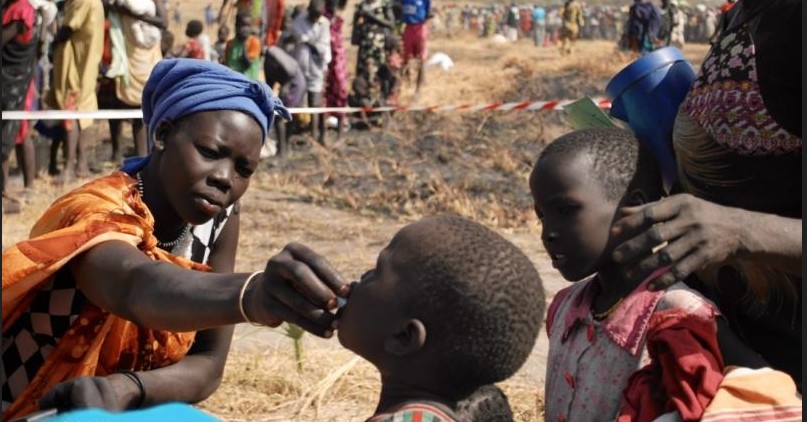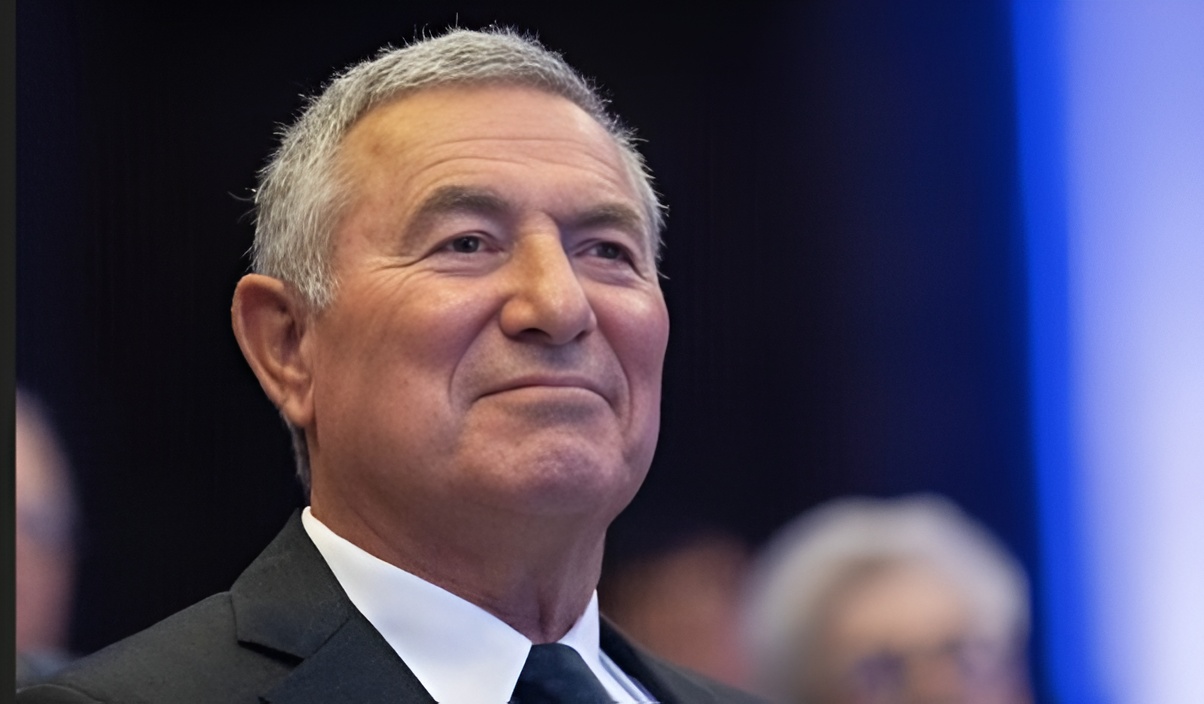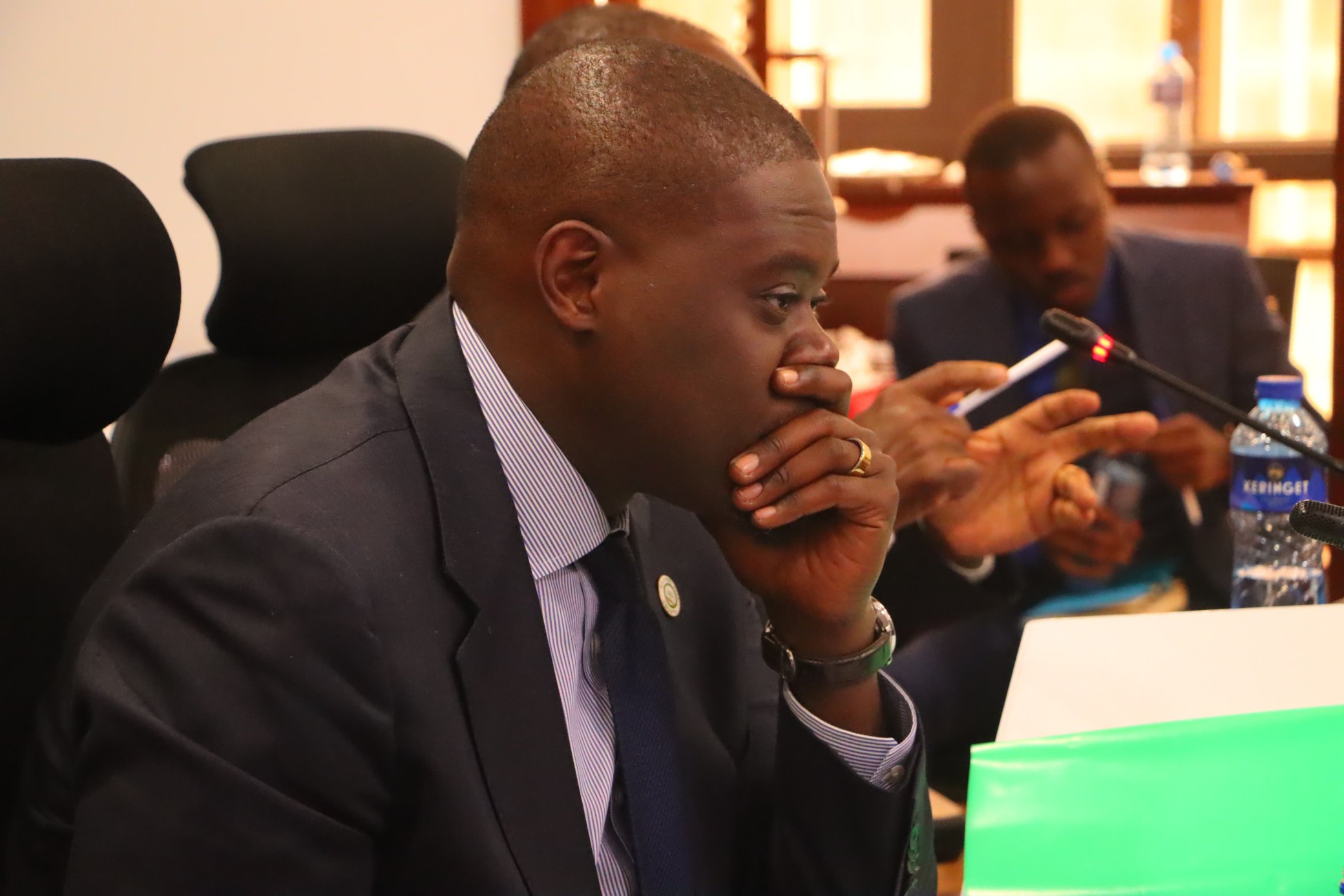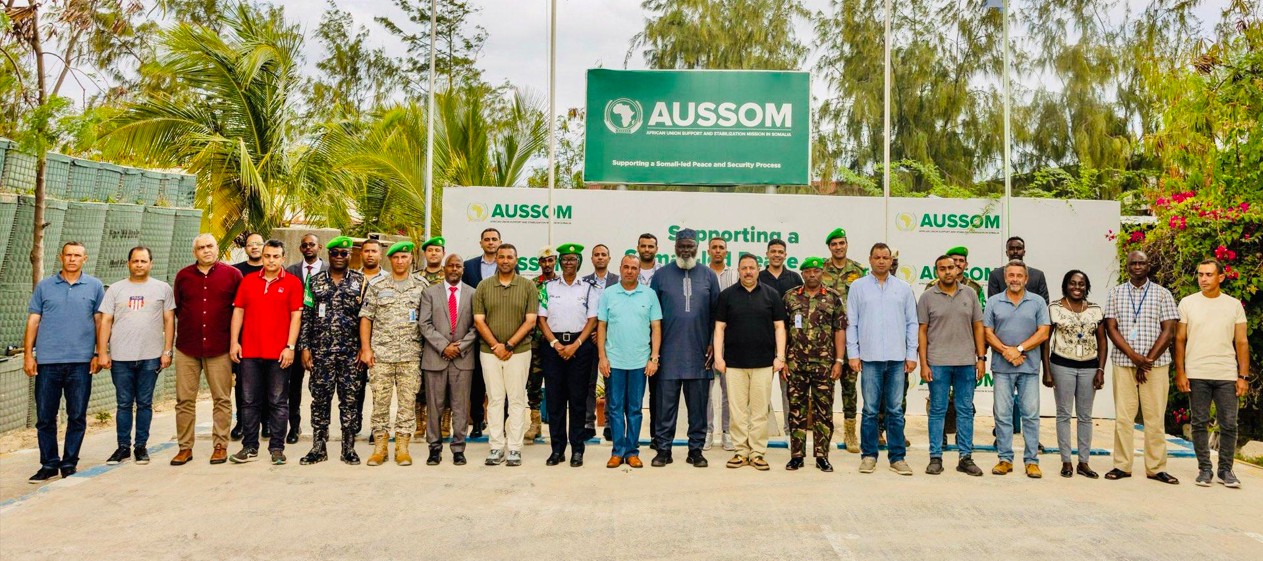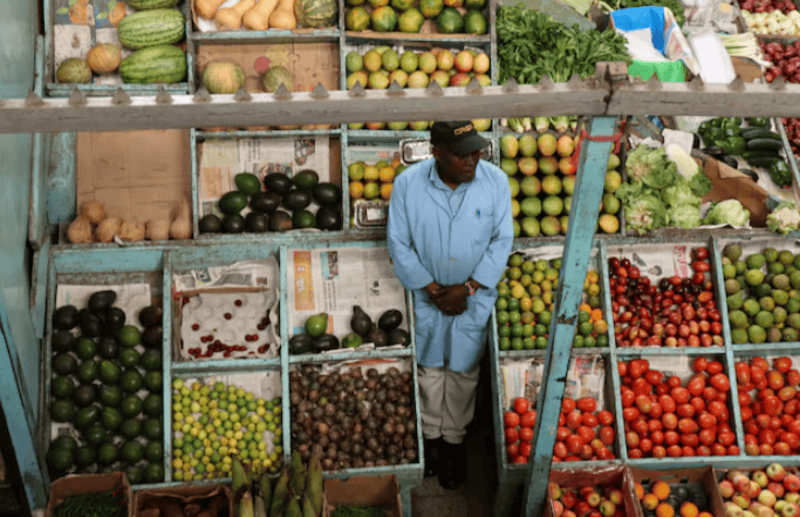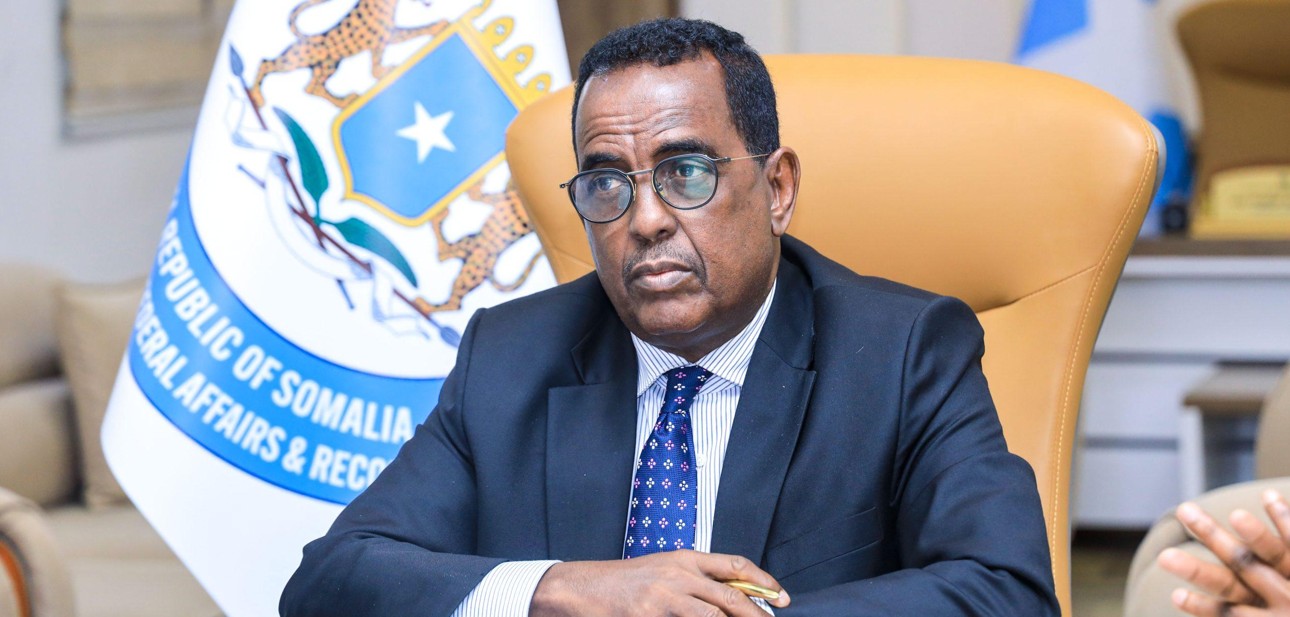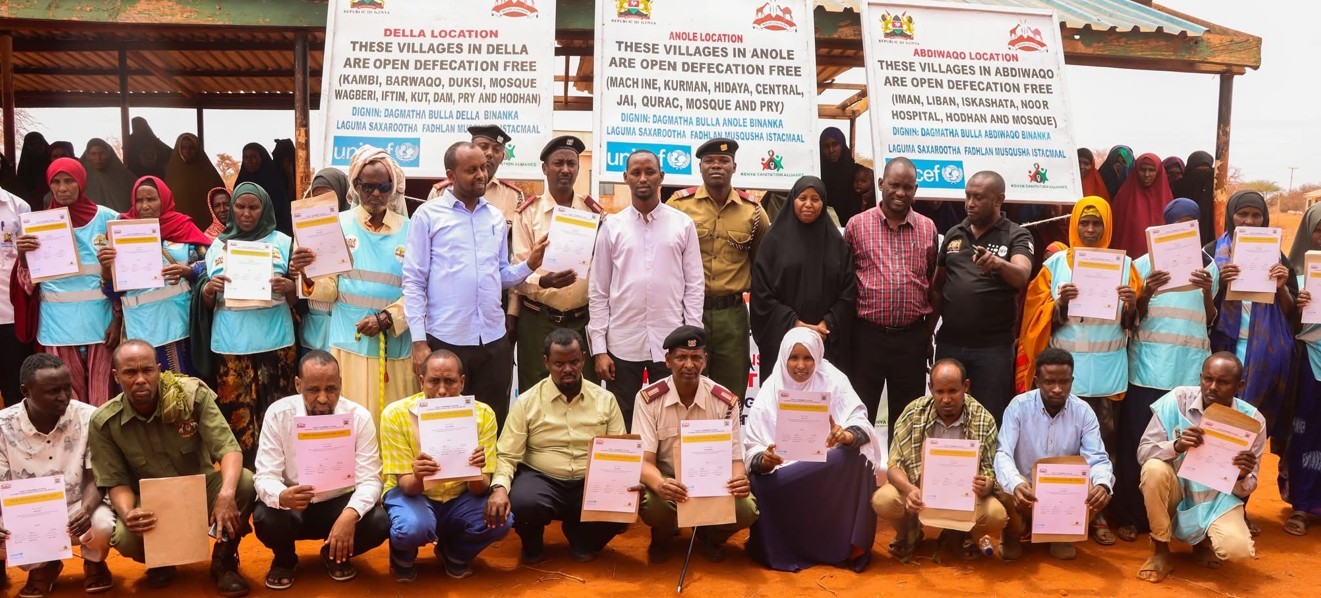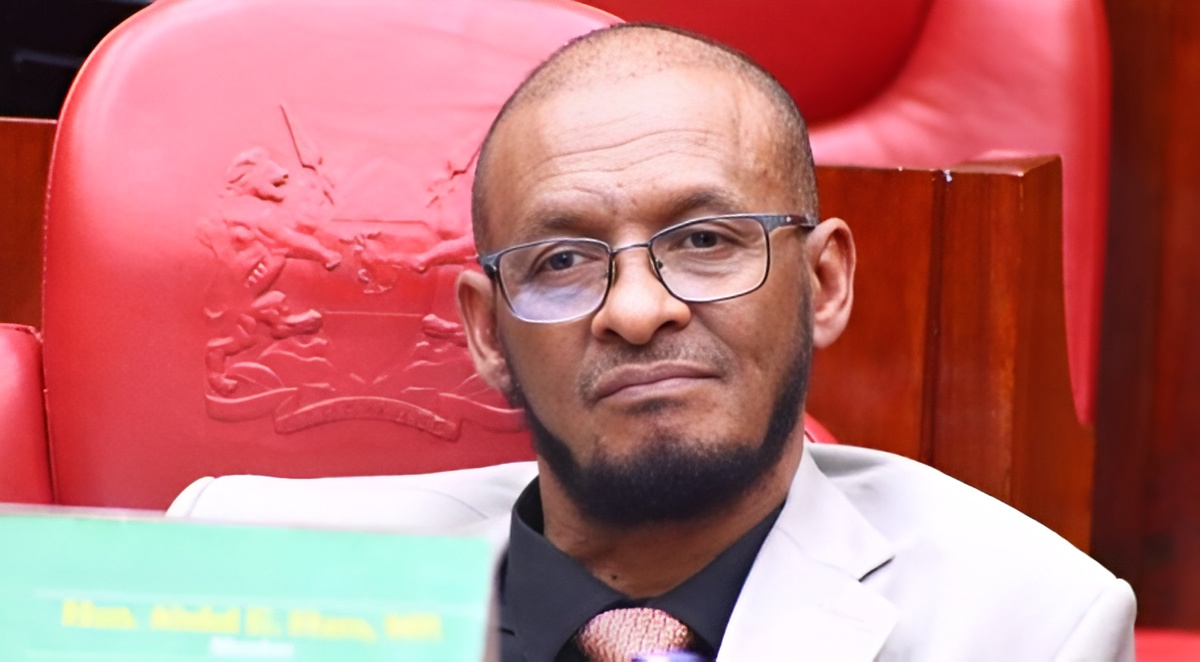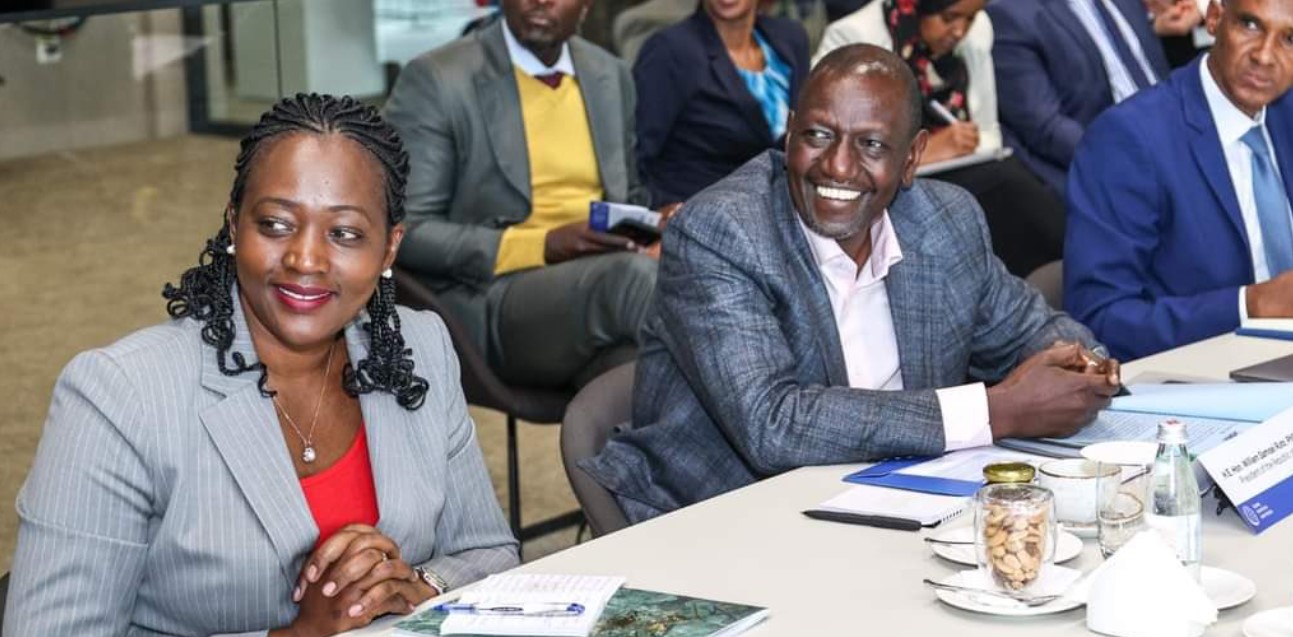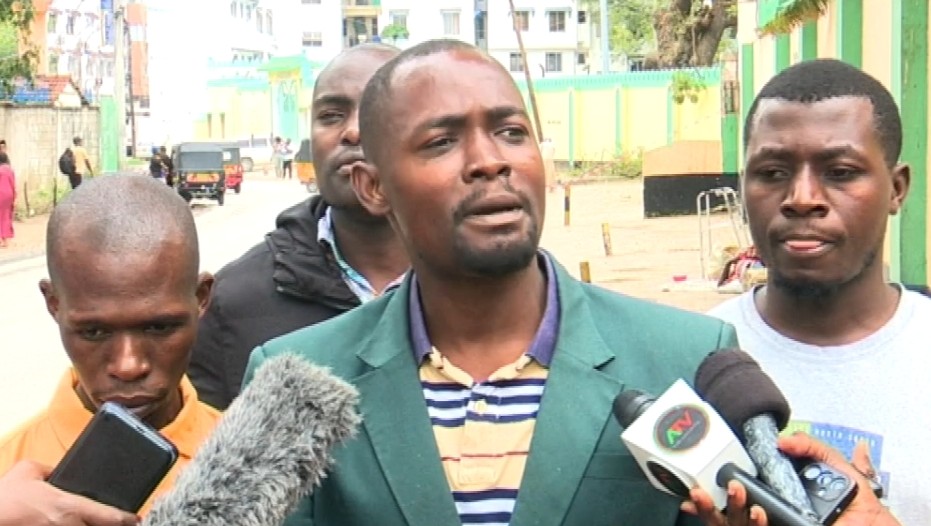Sudan's army makes key advances after RSF signs political charter
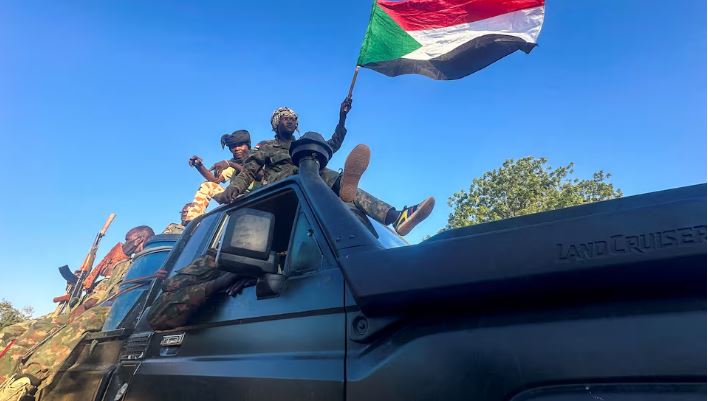
Attempts at peace talks in the conflict have stalled and both sides have continued to draw on their foreign backers for arms.
Sudan's army said on Sunday it had seized back control of the town of el-Gitaina, just south of the capital, from the Rapid Support Forces (RSF) and broken the paramilitary group's siege on the strategic city of el-Obeid to the west.
Last week, activists said three days of RSF attacks had left more than 200 dead near Gitaina, in White Nile state, which has emerged as a key battleground as the army regains territory in central Sudan.
More To Read
- Sudan’s cholera outbreak surpasses 100,000 cases amid war and famine
- Sudan Government vows post-war recovery, reconciliation in first Khartoum meeting since 2023 conflict
- Sudan floods kill 10, destroy homes as conflict deepens humanitarian crisis
- Sudan: ‘Devastating tragedy’ for children in El Fasher after 500 days of siege
- Sudanese cabinet holds first meeting in Khartoum since onset of civil war
- Nearly 1.65 million IDPs return home as Sudan displacement numbers fall
The war that erupted from a power struggle between the RSF and the army in April 2023 has killed tens of thousands of people, displaced 12 million and spread acute hunger and disease.
The army's gains on Sunday came hours after the RSF signed a political charter to establish a breakaway government with allied political and armed group leaders, primarily from western regions.
Neighbouring Egypt, which supports the Sudanese Armed Forces in the war, rejected the RSF's move to sign a political charter with its allies.
"We reject any calls for the formation of parallel frameworks to the current framework in Sudan and affirm our full support for Sudan," Foreign Minister Badr Abdelatty told a press conference with his Sudanese counterpart Ali Youssef, adding that Sudan's territorial integrity was a key concern for Egypt.
Attempts at peace talks in the conflict have stalled and both sides have continued to draw on their foreign backers for arms, say rights groups and international observers.
Top Stories Today
